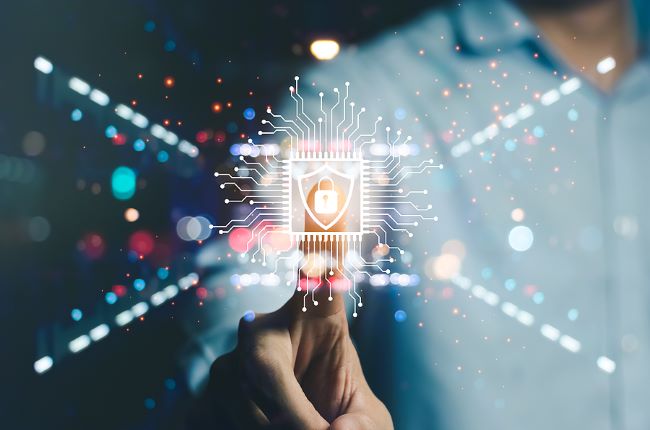Trending Personal Security Threats: Alert Your Loved Ones

Over the past three years, personal security threats have been increasing. Please be aware of these trends, update your loved ones on protection strategies, and reach out to the personal insurance team at BNC to ensure that your valuables are properly insured.
Violent Crime
2020 was a tumultuous year. During the pandemic, violent crime increased by 5%, according to the FBI, and homicides increased by 30%. The Council on Criminal Justice says that homicides continued to increase in 2021, based on crime data collected from 22 cities.
New York City has also experienced a recent increase in violent crime. The New York Police Department (NYPD) says that from June 2021 to June 2022, overall crime increased by 31.1%. Robbery increased 36.1% and burglary increased 33.8%. The NYPD also saw a 4% increase in gun arrests.
In one recent example of violent crime in the city, NBC New York reports that two men disguised themselves as FedEx workers to carry out a home invasion at a Bronx apartment, and one of the intruders shot the victim.
Auto Thefts
According to the National Insurance Crime Bureau (NICB), auto thefts increased by 9.2% in 2020, and the sharpest increases were seen in the second half of the year. The surge appears to have continued into 2021. The Council on Criminal Justice says that motor vehicle theft rates increased by 14% in 2021.
Thieves don’t always steal the entire car. Sometimes they just take the catalytic converter, a piece of equipment that contains valuable metals. The NICB says that catalytic converter thefts surged by 325% in 2020.
Most auto thefts happen when no one’s watching, but some criminals are bold. In one recent example, NBC New York says that two thieves assaulted a 71-year-old man and took his keys after he parked his SUV in his driveway in Brooklyn. The crime happened in broad daylight.
Cybercrime
The FBI’s Internet Crime Complaint Center received 847,376 complaints in 2021, up from 791,790 in 2020 and 467,361 in 2019. Ransomware attacks have increased, but so have other cybercrimes, including romance scams. In these schemes, fraudsters use fake online identities to gain a victim’s trust and affection and then swindle the victim out of money. Cryptocurrency schemes were another common complaint in 2021, and scammers frequently posed as official support or security from cryptocurrency exchanges.
Protect Yourself from Personal Security Threats
There are many different threats, so it’s important to stay vigilant.
Avoid making yourself an easy or attractive target for robbers. Be aware of your surroundings, walk in well-lit areas and avoid walking alone. Also avoid flashing cash or wearing or carrying expensive items that might draw a thief’s attention. Be especially careful after using an ATM or shopping. For more tips on how to stay safe, see the NYPD Crime Prevention Book.
Secure your home. Lock your door, and make sure your windows, sliding glass doors and other entrances are secure. Consider updating your security system and watch out for criminals who may disguise themselves as workers to gain access to your home.
Keep your car safe. The NHTSA says you should park in well-lit areas if possible. Additionally, keep your car locked, and don’t leave keys valuable in your car. Visible and audible anti-theft devices, immobilizing devices and vehicle recovery systems can also be a smart investment.
Learn how to spot and avoid phishing scams. Scammers are very good at posing as representatives from companies and organizations. Be wary of urgent requests or threatening demands. When in doubt, don’t click on any links or provide information. You can always look up the organization’s contact information and contact them on your own if you are worried there’s a problem.
Beware of romance schemes. People online are not always who they claim to be. They may make promises that they have no intention of keeping. Be wary of requests from money or personal information.
Keep your personal devices and accounts secure. Use strong, unique passwords, multifactor authentication and anti-virus software. The FTC warns that public Wi Fi isn’t secure, so you should avoid using it to access financial or personal information.
When threatened with a crime, always prioritize your safety over your property. At BNC, we can help you secure homeowners insurance, auto insurance and scheduled coverage for valuable items. Learn more.



